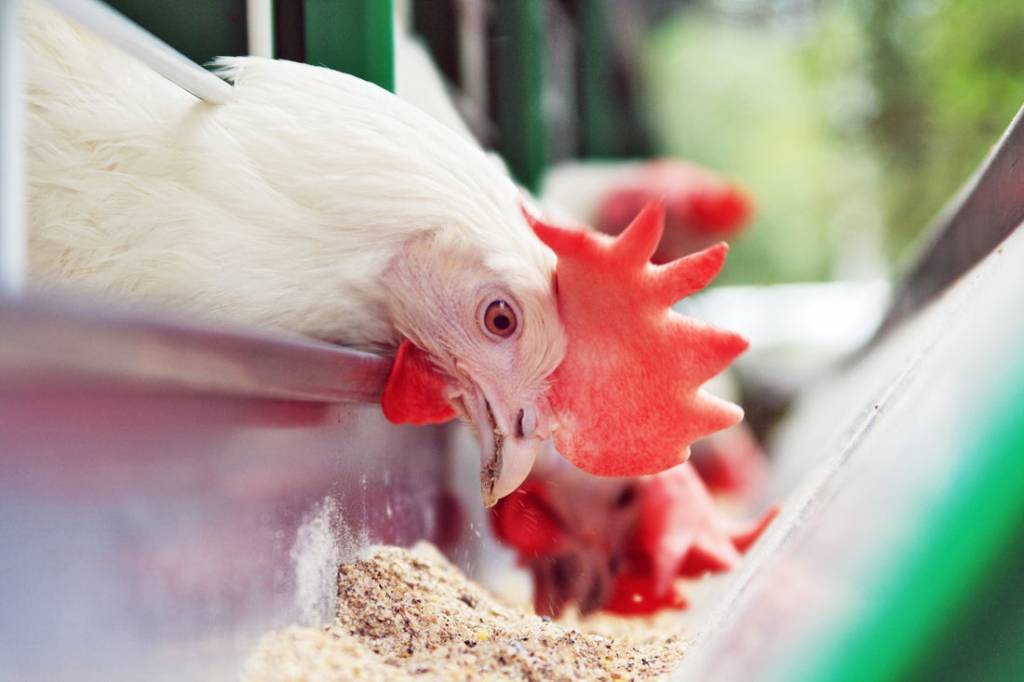The Soy Excellence Center curriculum is empowering professionals in emerging markets to take charge of improving the standards of agribusiness in their region through access to global expertise and education. One of the most recent cohorts, a group of 57 individuals, 47 from S.E. Asia and 10 from South Asia, in poultry and related industries across both regions, demonstrates how global knowledge can be applied to improve local agri and food business.
Combined, South and Southeast Asia presents a unique profile when it comes to poultry production and nutrition and its emerging markets offers significant growth potential in the global protein value chain. With the swift pace of industrialization required to meet global demand, new considerations for biosecurity, poultry waste management, disease outbreaks, and feed supply and demand present significant challenges to a region striving to align with global standards. Central to meeting these value chain requirements is the need of a skilled work force.
To learn international best practices and become equipped to meet the challenges of rapid industrialization, a cohort of 57 aspiring agribusiness professionals from both regions recently took part in the Soy Excellence Centers Poultry Management Certification course. Over four days, trainees were instructed via Zoom by international experts in topics designed to improve their knowledge in poultry management. Among the areas covered included heat stress mitigation, biosecurity, record keeping, economics and marketing.
The Soy Excellence Centers training curriculum is designed to provide world-class instruction to agribusiness professionals in emerging markets. In this case, instruction on the production of egg laying birds (layers) and management through the program proved to be particularly applicable for the trainees.
Asia being the largest producer of eggs, the layer sector is equally important as the broiler poultry sector that produces chicken meat. With its tropical climate, most layer farms in South and Southeast Asia are still open-sided and often suffer from poor management because the birds are exposed to fluctuating environmental conditions.
On this subject, Dr. Maziar Mohiti, Associate Professor of Poultry Nutrition at the University of Guilan, provided instruction on techniques that will enhance the ability to identify the subtle signs of productive layers versus layers that may produce little to no yield. This is not always an easy distinction to be made, and certainly a vital skill for aspiring poultry professionals to learn early.
Dr. Wilmer Pacheco of Auburn University provided instruction to the trainees on broiler production and management, biosecurity, and the poultry value chain. According to Dr. Pacheco, the comprehensive training will support local sustainability efforts as trainees put what they have learned in the classroom into practice. “Food security and access to high quality animal protein remains a major challenge around the globe. Efficient meat and egg production requires an integrated approach in each area of poultry production, nutrition, health, and biosecurity. One of the major objectives of the SEC basic course is to provide the foundational concepts regarding efficient poultry meat and egg production. The concepts learned will increase local productivity and will make poultry meat and eggs even more sustainably accessible to the population.”
Participants in the program are primarily recommended by employers in the region that are looking to make investments in workforce development. Members of this cohort included aspiring professionals from diverse occupations in the animal protein sector, including poultry farmers, nutritionists, technical managers, veterinarians, and consultants.
What they all share in common is their desire to make a strong contribution to enhanced food and economic security in their respective countries. This type of initiative taken by local professionals in an emerging market, equipped and aided by tested international knowledge, are small but meaningful steps to improve the quality and efficiency of the global protein value chain, which impacts us all.
The Soy Excellence Centers are primarily funded by partnering Qualified State Soybean Boards and USDA’s Foreign Agricultural Service, with support from U.S. soybean farmers, their checkoff the United Soybean Board and the soy value chain.
- Partially funded by U.S. soybean farmers, their checkoff and the soy value chain.
